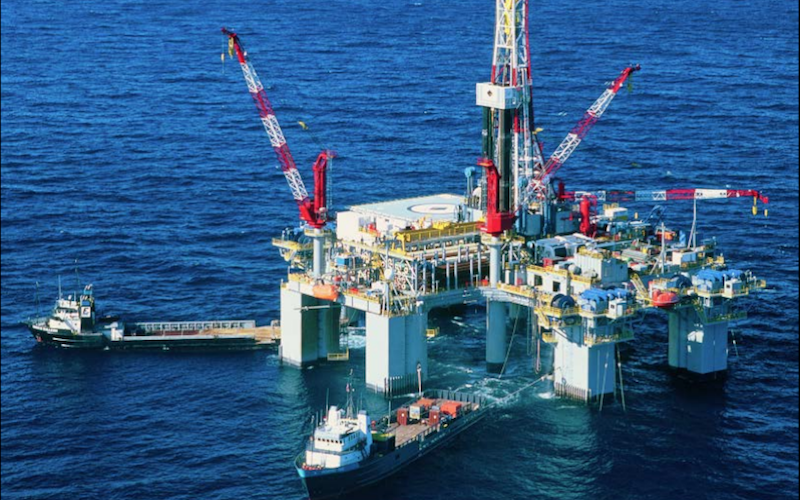Offshore drilling has the potential to provide a boost to the economy through job creation promoting economic growth and generating tax revenue. It also helps reduce reliance on oil and gas imports thereby enhancing energy security.
According to Research Nester projections, the offshore drilling rig market is expected to exceed $160 billion by 2036 with a growth rate of 7% during the forecast period from 2024 to 2036. In 2023, the offshore drilling rigs industry had a market size of $73 billion.
Offshore drilling has played a vital role in boosting the economies of numerous countries, especially those with substantial oil reserves. Over 16% of crude oil and 2.8%of natural gas produced in the U.S. in 2021 originated from offshore drilling activities. Additionally, deepwater drilling involves extracting resources from water depths surpassing 500 meters. The exploration of oil and gas reserves, in these deepwater regions is anticipated to experience the most substantial growth rate.
Offshore drilling has had a significant impact on boosting worldwide energy production and addressing the escalating need for oil. Given that many nations heavily depend on fossil fuels as their primary energy source offshore drilling is expected to continue playing a vital role in the energy sector.
The local economy has been greatly affected by an offshore drilling project taking place in the Gulf of Mexico. It has resulted in the creation of job opportunities and has contributed to the growth of various interconnected sectors, such as oil and gas services, transportation and hospitality. According to projections, by 2023 the offshore oil and natural gas industry in the Gulf of Mexico is expected to contribute around $35 billion to the U.S. gross domestic product (GDP). Furthermore, it is estimated that this industry will continue to contribute an average of over $30 billion annually towards GDP from 2023 until 2040.
Offshore drilling for oil in the ocean brings environmental dangers. These dangers encompass the possibility of oil spills, destruction of habitats and contamination of life. The repercussions can be catastrophic as they affect ecosystems and communities that depend on them for their well-being.
To address the environmental risks associated with offshore drilling there are various measures that can be taken. These include enhancing drilling technology to minimize the chances of oil spills, imposing stringent regulations and penalties for environmental violations, and promoting the adoption of renewable energy sources to decrease reliance on fossil fuels.
The offshore drilling industry is predicted to bounce in the upcoming years due to the stabilization of oil prices and the rise in oil demand. Moreover, there will be a drive towards enhancing efficiency and cutting costs through the development of innovative technologies and equipment. Additionally, there will be a focus on promoting sustainability and taking environmental responsibility into account when conducting offshore drilling activities.
Research Nester provides in-depth market research reports and analysis, allowing companies to gain valuable insights into their customers, competitors, and industry, so they can make informed decisions about their business strategy, marketing, and operations.




